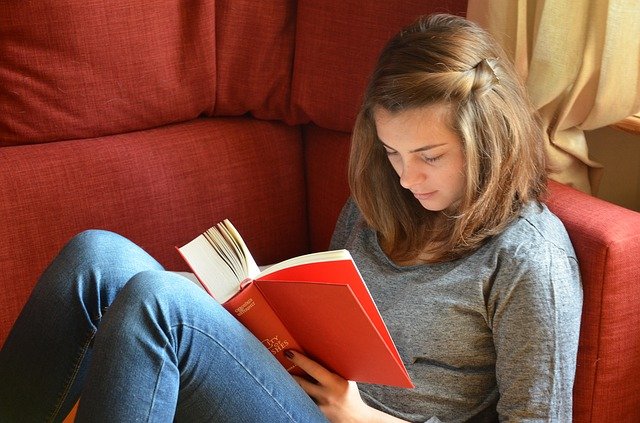
CARE OPTIONS FOR PEOPLE WITH LEARNING DISABILITIES
Following the release of ‘Out of Sight – Who Cares?’ – a damning report from the Care Quality Commission (CQC) covering the use of seclusion, segregation and restraints as behaviour management tools for people with autism or learning disabilities – our Operations Director Sara Keetley spoke out to Inside Housing about the importance of offering a range of housing options.
 Operations Director Sara Keetley spoke out to Inside Housing about the importnace of housing options for people with learning disabilities.
Operations Director Sara Keetley spoke out to Inside Housing about the importnace of housing options for people with learning disabilities.Here’s what she had to say: “The recent ‘Out of sight – who cares?’ report from the Care Quality Commission – about the poor levels of care being provided to people with learning disabilities or autism – was shocking, and as a registered social worker I feel ashamed that in the 21st century, this is still happening.
Its description of the use of restraints, seclusion and segregation is completely unacceptable.
The lack of housing with care options available to people with learning disabilities should never result in trapping people in hospitals. It’s all about providing combined housing and support to help people with disabilities live the lives they choose.
We have already seen the devastating effects of the current Covid-19 pandemic on people with learning disabilities, and this latest report brings into sharp focus the real challenges each person with a learning disability is facing on a daily basis.
It’s nearly 20 years since the Government’s policy paper, ‘Valuing People’, first raised the issue of legal rights of people with learning disabilities, and the need for access to decent homes and support. At Sanctuary Supported Living we support more than 500 people with learning disabilities, underpinned by our ethos, ‘pathways to independence’. We know that people want to live in homes, not hospitals, and may often need tailored support that helps everyone on their journeys.
It seems shocking that we have to ask again: is the use of seclusion, segregation and restraint an acceptable way to help people manage their behaviour?
Within our supported housing services we look at the root causes of any challenging behaviour, adopting ways of working that embrace the lives people choose to live; our focus is on enriching their personal quality of life. Our approach for some people is enhanced by Positive Behaviour Support (PBS).
We have found PBS to be a much more effective solution, working with the individual, their families and carers (only with consent) and as part of a specific approach in a care and support plan, when that person may be a danger to themselves or others.
We have experience of working with an individual who had previously broken a staff member’s arm, and bitten off a former resident’s ear. He spent his days in his previous care service isolating in his room, becoming aggressive when anybody entered. Our team undertook a behaviour assessment at different times of the day, and discovered he had needs related to his autism that were going unmet, causing him to react violently. He had a complete turnaround once solutions were put in place. He spent his final five years in his own home, living a life with value without a single incident of challenging behaviour reported.
People with learning disabilities have personalities and rights, just like the rest of the population, and must be respected.
Sara Keetley – Operations Director
We also met a young woman with a history of aggression and self-harm. She’d previously been living in shared accommodation and had been evicted because of issues there. Our manager and staff team looked at the young woman holistically, along with her family and people who knew her well, and secured her a new flat on her own. She’s now got the space she craves alongside the support she needs on her doorstep.
The difference has been remarkable. She has made her flat into a real home, and by really assessing what she actually needs staff have been able to help her manage any behaviour that was previously thought to be challenging.
These two examples show the value of looking at each person as an individual – their life history, family, physical health and emotional needs.
People with learning disabilities have personalities and rights, just like the rest of the population, and must be respected. We should all be concerned about this latest report and continue to raise our voices and speak up about this until there is a fundamental change to the lives of those who are being affected.”
For more details about Sanctuary Supported Living’s services for people with disabilities, see our latest news or read resident stories.
